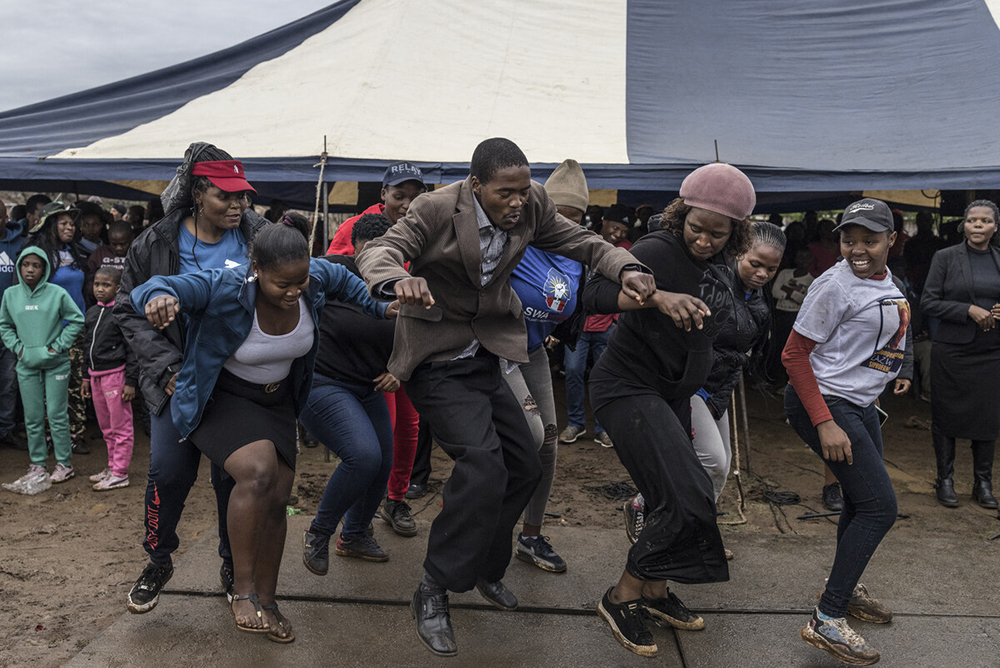
Understanding the Current Landscape of Prisoners
The topic of prisoners is increasingly relevant as societies grapple with justice reforms and the circumstances surrounding incarceration. With over 10.35 million people incarcerated globally as of 2023, the implications of imprisonment extend beyond individual lives to impact families, communities, and socio-economic structures.
The Global Picture
According to the World Prison Brief, the United States has the largest prison population in the world, with approximately 2.1 million individuals behind bars. This alarming figure highlights the pressing issue of mass incarceration, driven by various factors including stringent drug laws, socioeconomic disparities, and systemic racial injustices. In contrast, countries such as Norway aim for more rehabilitative approaches, resulting in lower recidivism rates and a focus on reintegrating individuals back into society.
Challenges Faced by Prisoners
Prisoners often confront numerous challenges, including inadequate mental health care, overcrowding, and violence within facilities. A recent report from the Prison Reform Trust in the UK revealed that nearly 70% of prisoners suffer from mental health issues, with many not receiving the necessary support while incarcerated. Such circumstances can exacerbate existing conditions and lead to a cycle of criminal behaviour that continues post-release.
Rehabilitation and Justice Reform
In response to these challenges, there is a growing movement advocating for rehabilitation over punishment. This trend is evident in places like Canada and Finland, where alternatives to incarceration, such as community service or restorative justice, are gaining traction. Recent UK proposals also reflect this shift, highlighting the importance of addressing the root causes of crime to reduce the prison population and prevent re-offending.
Conclusion: Looking Ahead
As society continues to confront the complexities surrounding imprisonment, it is crucial to foster conversations about reform, rehabilitation, and the support needed for those re-entering society. By focusing on the long-term impacts of incarceration and exploring humane practices, communities can work towards breaking the cycle of crime and promoting a more just system. Addressing the needs of prisoners is not just a matter of individual justice but a fundamental aspect of societal health and sustainable development.
You may also like

Wales Online: Your Go-To Source for Welsh News

Exploring the Unique Heritage and Current Affairs of Eswatini

David Lammy: Championing Justice and Equality in Politics
SEARCH
LAST NEWS
- Remembering Wendy Richard: The Promise to Co-Star Natalie Cassidy
- How Did Anglian Water Achieve an ‘Essentials’ Rating for Mental Health Accessibility?
- Shai Hope Leads West Indies in T20 World Cup Clash Against South Africa
- What We Know About Weston McKennie: Future at Juventus and Past at Leeds
- What We Know About the Upcoming Live Nation Antitrust Trial